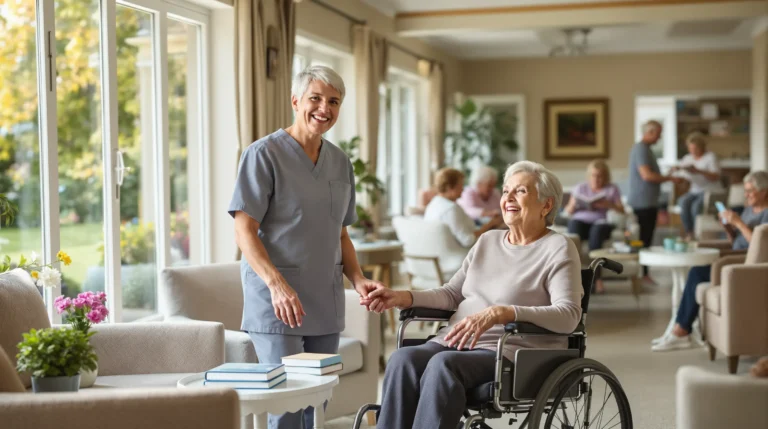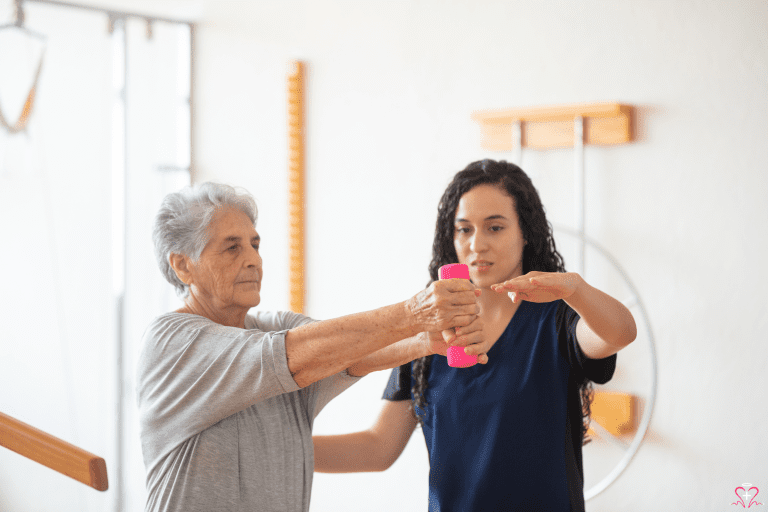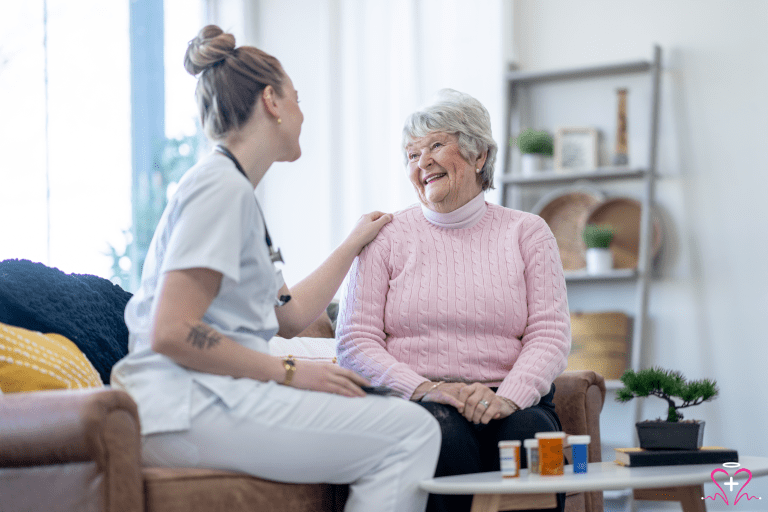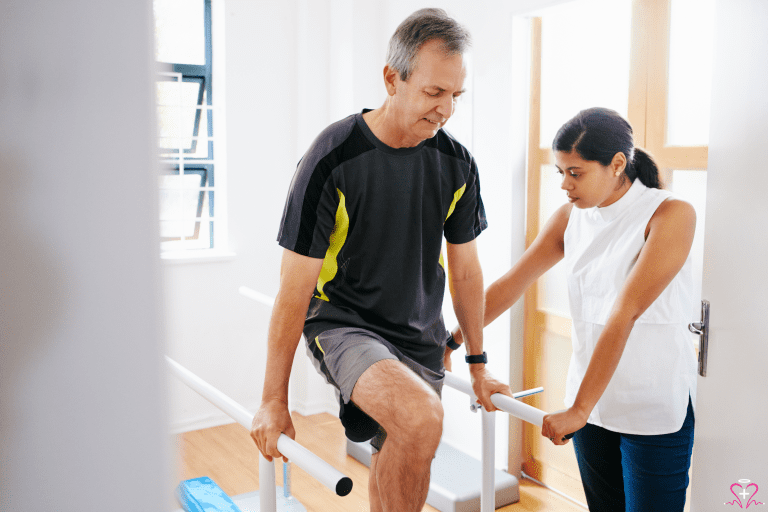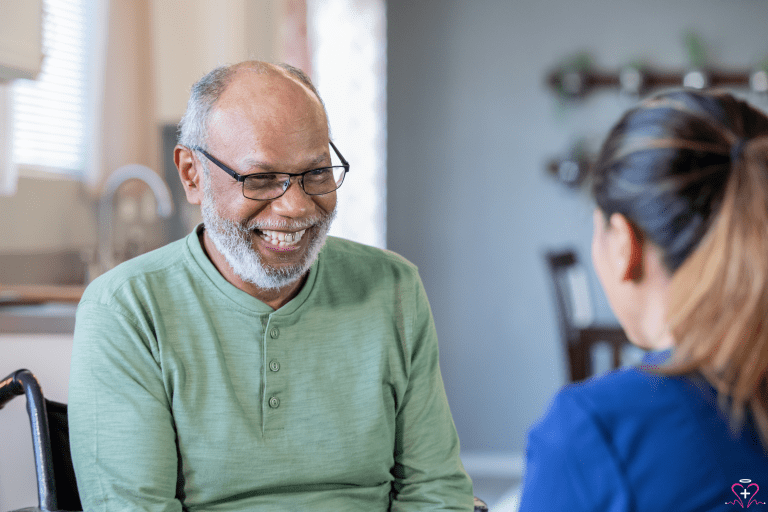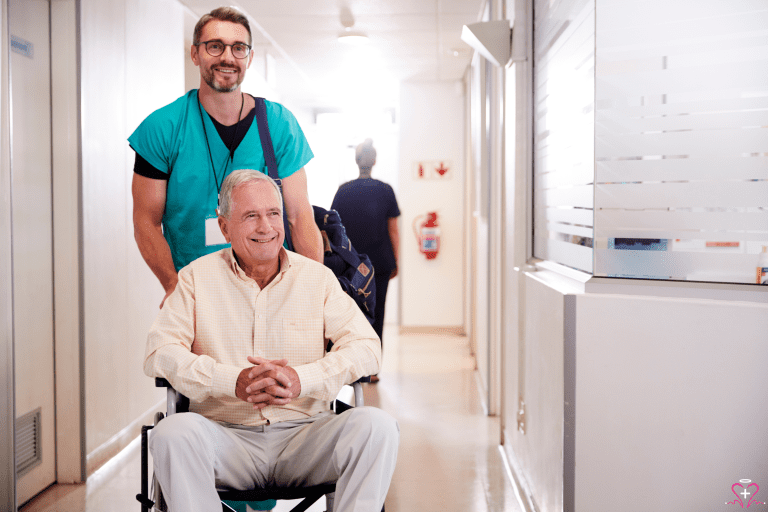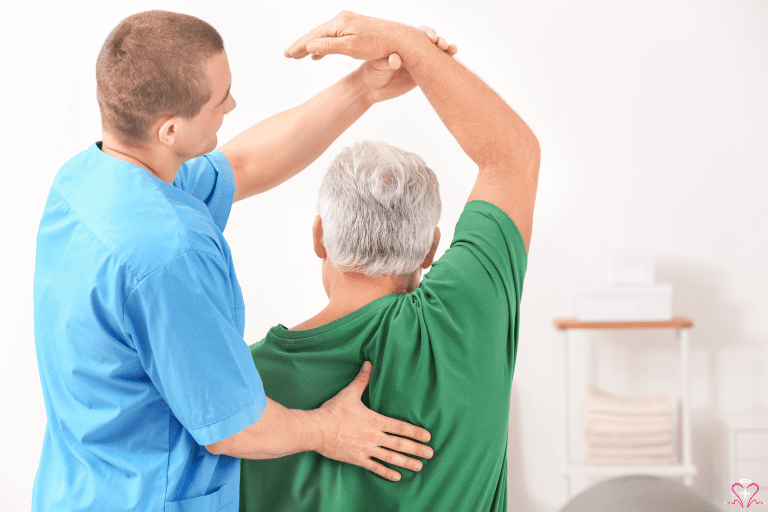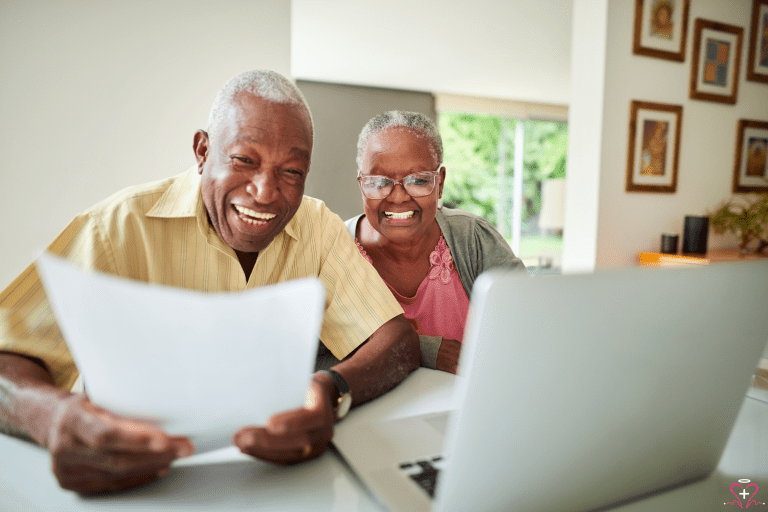The Importance of Respect
Personal care tasks—like bathing, dressing, or toileting—can feel deeply vulnerable for older adults. Ensuring privacy and dignity is crucial to preserving self-esteem and emotional well-being. A qualified personal care aide understands these sensitivities and engages with clients using courteous, respectful communication. Rather than hastily rushing through tasks, they guide seniors step by step, asking permission before beginning any hands-on support. Small gestures—like knocking on a bedroom door even if it’s open—reaffirm that the client’s comfort and sense of personal space come first.
Maintaining Confidentiality
Alongside physical privacy, personal care aides often become privy to intimate details about a senior’s health or life circumstances. Professional ethics demand strict confidentiality; caregivers do not disclose such information to neighbors, relatives (without explicit permission), or social media. If the aide notices a medical concern—like a rash or unexpected weight loss—they discreetly communicate it to the family or relevant healthcare providers. This protocol ensures older adults can trust the aide fully, fostering a secure environment where they feel comfortable voicing concerns or preferences.
Personal Boundaries and Consent
An essential element of dignified personal care is consent. Good caregivers understand that even routine tasks should be done with the senior, not to them. Before assisting with dressing, for instance, the aide might say, “Is it okay if I help you with your shirt sleeve now?” This consistent practice of seeking the client’s permission affirms their autonomy. In cases where mental or cognitive impairments impact decision-making, aides adapt by using gentle reminders or short, clear explanations—never forcing an action that the senior overtly resists without exploring the reason first.
Choosing Appropriate Settings
Basic environmental adjustments also safeguard dignity. For bathing or grooming, aides ensure bathrooms or changing areas are private—shutting doors, closing curtains, and possibly using screens or towels to minimize exposure. If other household members or visitors are present, the aide orchestrates tasks so that the senior’s personal routines occur in a quieter, out-of-sight setting. This focus on environment fosters a calm, respectful atmosphere, reducing any stress or embarrassment the senior may feel.
Tailoring Care to Preferences
Not all older adults approach personal care in the same way. Some prefer morning showers, while others prefer evenings. Certain clients insist on using a specific brand of shampoo or layering clothes to stay extra warm. A conscientious aide respects these unique wishes rather than imposing their own methods. If a preference seems medically risky—like water too hot for frail skin—they diplomatically suggest alternatives, always emphasizing the senior’s best interest. This individualized approach ensures a balance between meeting health requirements and honoring personal routines, reinforcing that the senior’s comfort matters.
All Seniors Foundation’s Commitment
At All Seniors Foundation, we vet our personal care aides for empathy, discretion, and professionalism. We train them extensively in communication strategies that prioritize client dignity—from using polite language to preserving modesty during toileting. Our ongoing oversight includes regular check-ins with seniors and families, asking if the aide respects boundaries and fosters a positive experience. When older adults sense their caregiver truly values privacy, they’re more likely to remain relaxed, open about concerns, and motivated to maintain consistent personal care routines. Ultimately, safeguarding dignity is not just an ethical priority—it’s the cornerstone of effective, compassionate care that allows seniors to age confidently in place.

